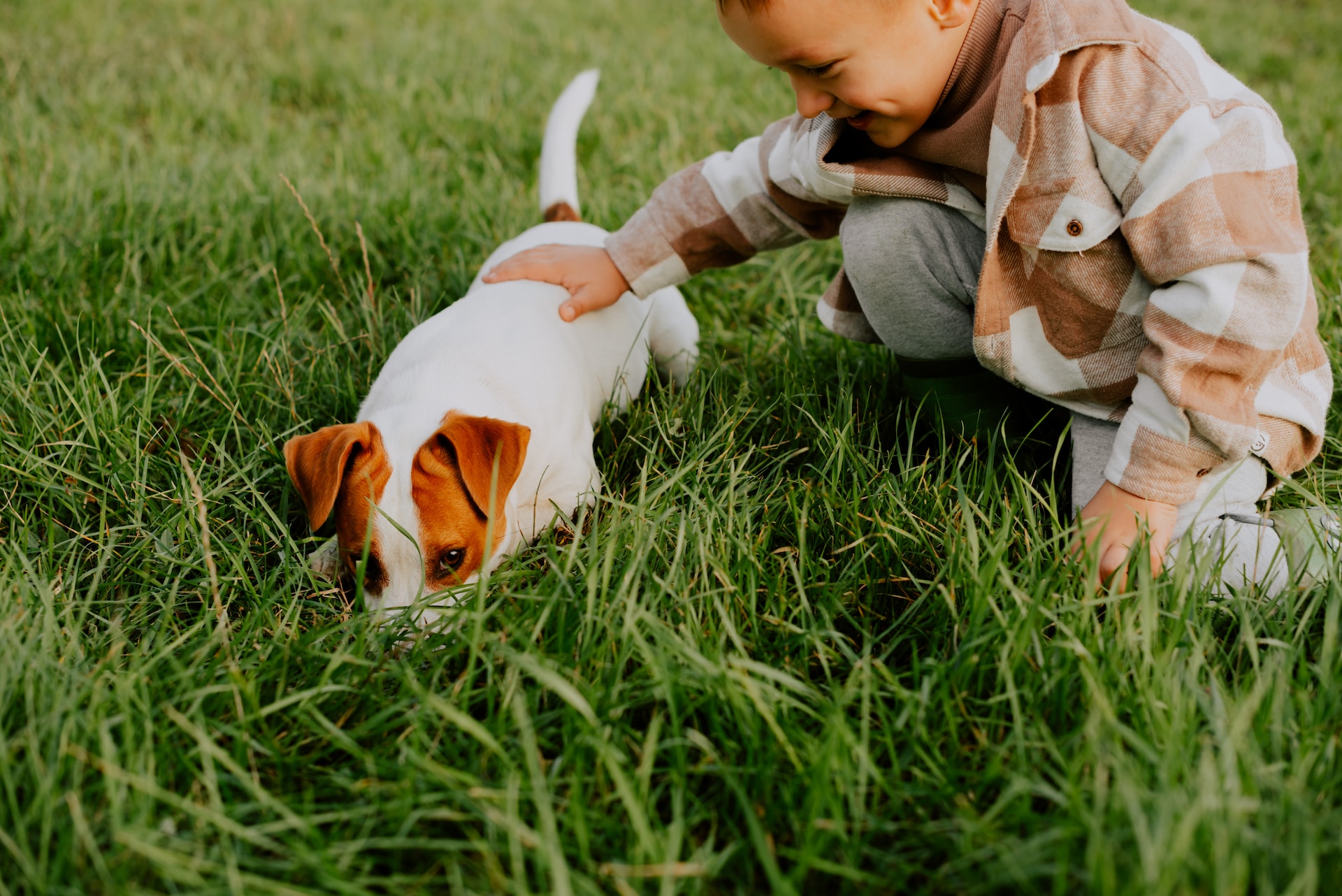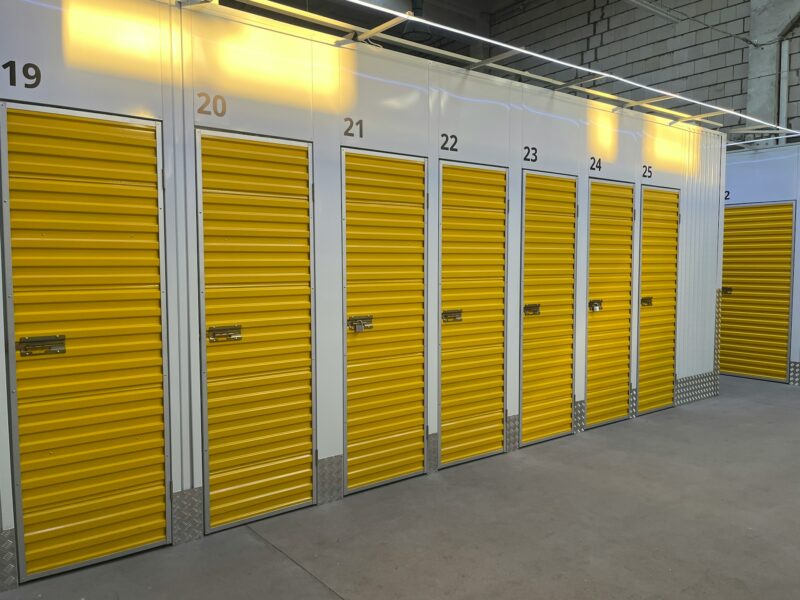Socialization is a crucial aspect of a puppy’s development, shaping their behavior and temperament throughout their life. Proper socialization helps your puppy become a well-adjusted, confident, and friendly adult dog. However, it’s important to understand when and how to socialize your pup to ensure a positive and successful experience.
The Right Age for Socialization
Socialization should begin early, ideally between the ages of 3 to 14 weeks.
This period, known as the critical socialization period, is when puppies are most receptive to new experiences, people, and environments.
During this time, their brains are like sponges, absorbing and processing new information rapidly.
Expectations for Puppy Socialization
Here are some expectations to consider for puppy socialization.
- Exposure to Various Stimuli: Socializing your puppy involves exposing them to a wide range of stimuli. This includes meeting people of different ages, genders, and ethnicities, as well as encountering various animals, sounds, smells, and environments.
- Positive Associations: The goal of socialization is to create positive associations with new experiences. Your pup should learn that encountering new things leads to enjoyable and safe experiences. Positive reinforcement techniques, like treats and praise, can help reinforce these associations.
- Confidence Building: Socialization helps build your puppy’s confidence. It teaches them how to navigate unfamiliar situations, reducing fear and anxiety later in life.
- Behavioral Flexibility: A well-socialized puppy is more likely to develop into a dog that can adapt to different situations and environments. This flexibility is essential for their overall well-being.
Tips for Effective Puppy Socialization
Follow these tips for effective socialization for your puppy.
- Start Early and Gradually: Begin socializing your pup as early as possible but do so gradually. Introduce them to new experiences one step at a time, ensuring they are comfortable before moving on to more challenging situations. This is one of the most important puppy age expectations from a training standpoint.
- Positive Reinforcement: Use positive reinforcement techniques, such as treats and praise, to reward your puppy for calm and confident behavior during socialization experiences.
- Structured Classes: Enroll your puppy in a puppy socialization class. These classes are designed to expose puppies to various stimuli in a controlled and safe environment.
- Exposure to Different People: Introduce your puppy to different people, including children, adults, and individuals wearing hats, glasses, or uniforms. Encourage gentle and positive interactions.
- Meeting Other Dogs: Allow your puppy to interact with other dogs in a supervised and controlled manner. Ensure the other dogs are friendly and well-vaccinated to minimize health risks.
- Environmental Exposure: Take your pup to different environments such as parks, beaches, and urban areas. Expose them to various surfaces, noises, and smells.
- Car Rides: Get your puppy used to car rides early on. Start with short trips and gradually extend the duration to prevent motion sickness and anxiety.
- Vet and Grooming Visits: Regular visits to the vet and groomer can help your puppy become comfortable with these necessary experiences. Ask the professionals to make these visits as positive as possible.
- Desensitization: If your pup shows fear or anxiety towards certain stimuli, like thunderstorms or vacuum cleaners, work on desensitization exercises to reduce their sensitivity and fear.
- Consistency: Maintain a consistent routine during socialization. Regular, positive experiences are key to successful socialization.
- Safety First: Always prioritize your puppy’s safety. Avoid exposing them to situations that could be overwhelming or dangerous, and consult with a professional dog trainer if needed.
- Patience and Persistence: Socialization is an ongoing process. Be patient and persistent, as it may take time for your puppy to become comfortable with new experiences.
Socializing your puppy at the right age and in the right way is essential for their overall well-being and behavior as an adult dog.
By following these tips and starting early, you can help your puppy grow into a confident, well-adjusted, and friendly companion. Remember that socialization is an ongoing process, so continue exposing your dog to new experiences throughout their life to ensure their continued growth and development.



